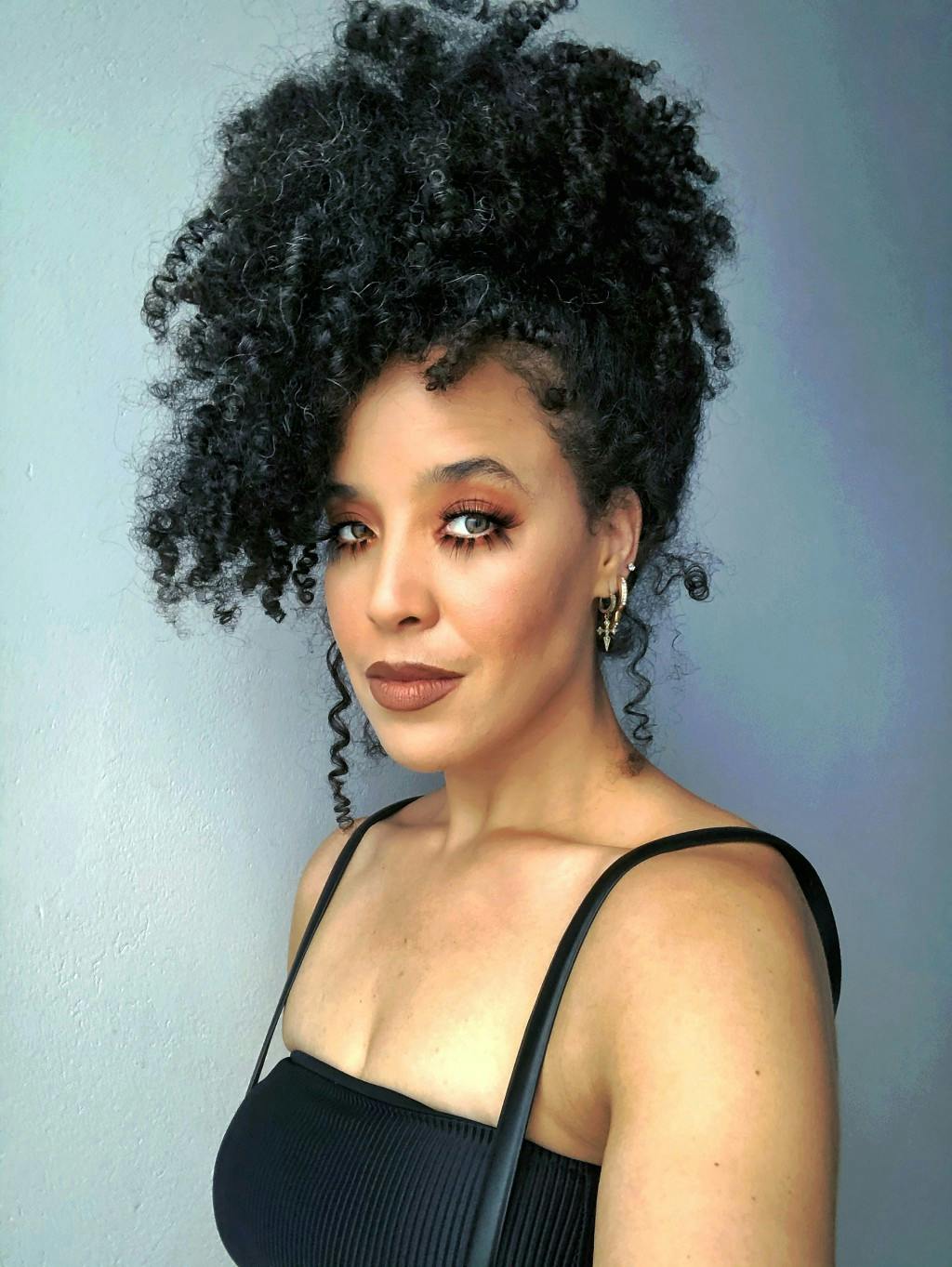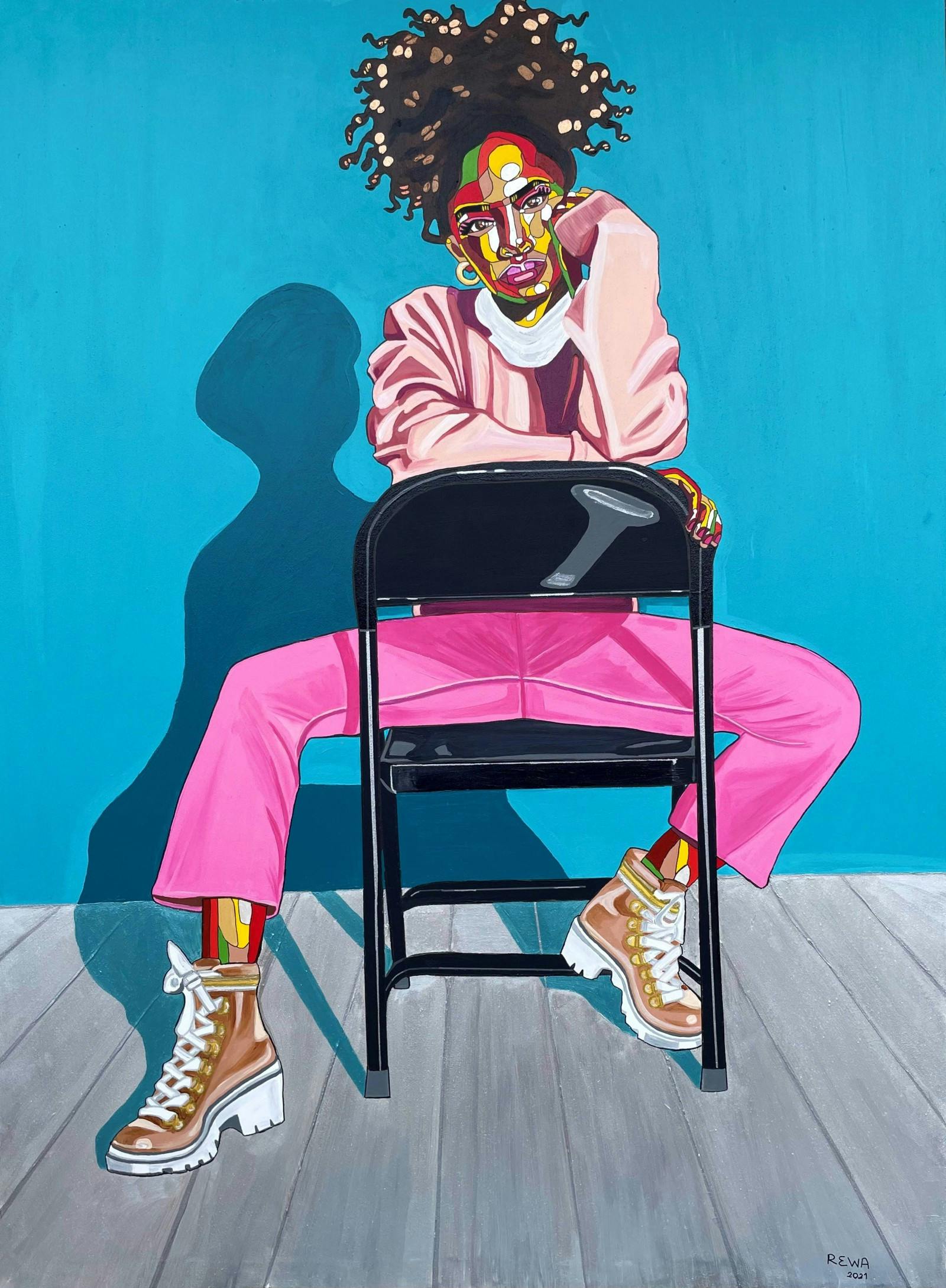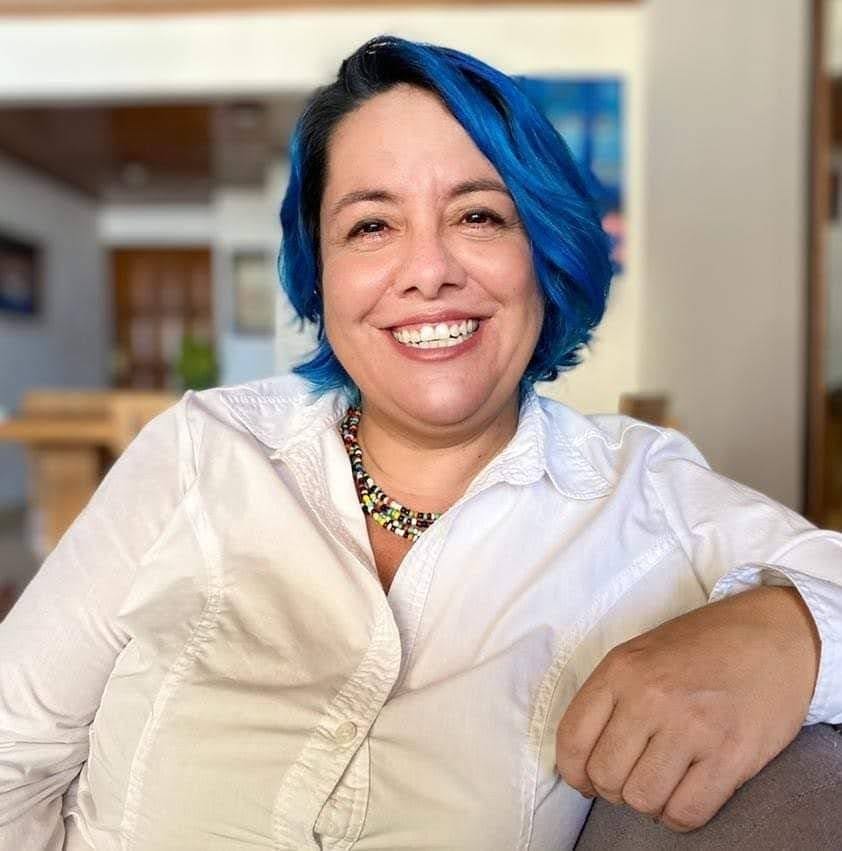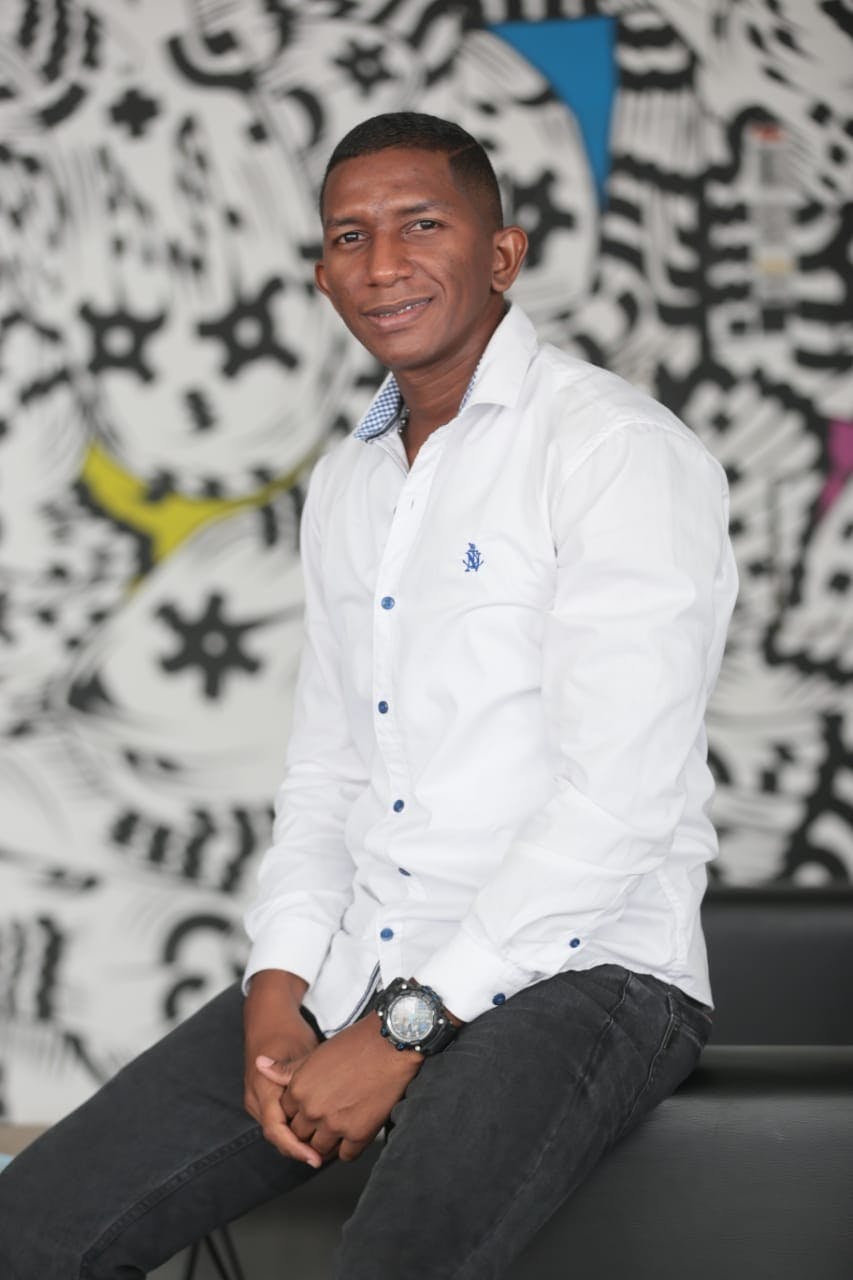Identity Politics Returning to the Source
A member of the collective that conceptualised identity politics, Barbara Smith was born into struggle—but she chose community organising. And now, at 75, she shows little desire to stop, writes Danielle Bowler.
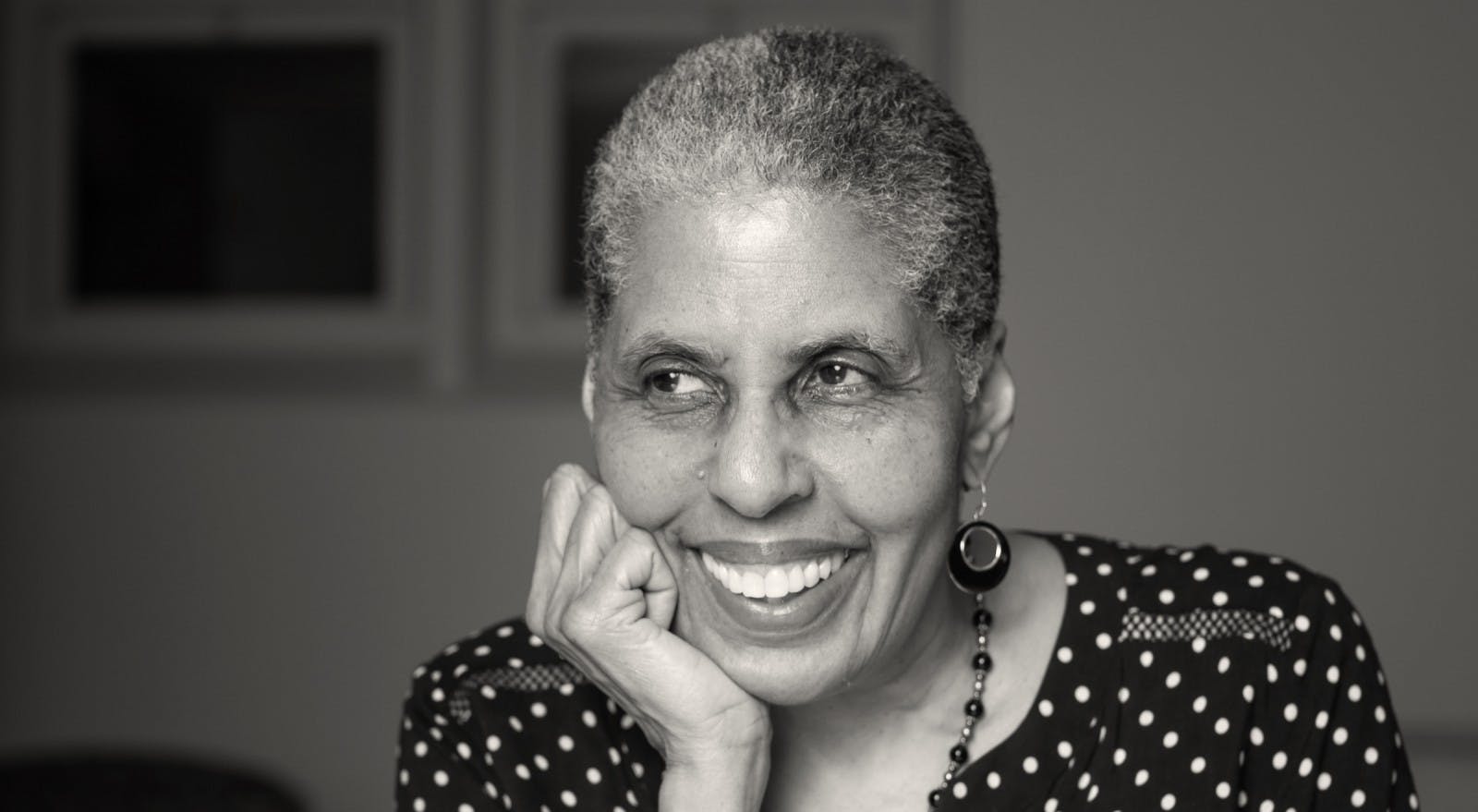
Publisher, author and educator Barbara Smith invites me—invites us—into her home. Not literally, of course. She’s in Albany, the state capital of New York in the United States, I am in the South African town of Plettenberg Bay, and we’re in the middle of a global pandemic that’s taken far too many precious things from us, least of all being the option to meet in person. So, we Zoom.
“Where are you?” Smith asks.
After offering my physical location, a picturesque seaside magnet for moneyed retirees and, in the summer, holiday makers, I realise that she’s asking something more. She is reaching through the screen to locate us in relation to each other.
At 75, Smith is technically retired. But hers is the kind of retirement that includes panel discussions, writing, organising, interviews and more, in volumes that have increased since the pandemic began.
Born in 1946 to a working-class mother, Smith’s formative years were shaped by struggle. She was baptised into politics as a teenage participant in boycotts and protests in the nineteen-sixties for the racial desegregation of schools, and came of age at the height of the US civil rights movement. Smith chose, as her life’s work, organising to make material changes in people’s lives, Black women in particular.
Smith chose, as her life’s work, organising to make material changes in people’s lives, Black women in particular.
Her conscious commitment to organising has been expressed intellectually and tangibly through demands for action in the real world. Smith is best known as one of the founders of the Combahee River Collective, a Black, lesbian, feminist, socialist organisation that grew from efforts in 1973 to found the Boston chapter of the National Black Feminist Organisation. The Collective became independent in 1975 and disbanded in 1980—achieving much in that time. Among the organisation’s notable work was campaigning against the forced sterilisation of Black women and shining light on the murders of a dozen young Black women killed within months of each other in Boston in 1979.
These efforts were rooted in the organisation’s politics, as set out in the Combahee River Collective Statement. Although published in 1977, the document has had lasting resonance, in no small part due to the concept it coined: identity politics.
My clearest memory of first encountering the term was as a student at a historically white South African university in a town lorded over by a hilltop monument to the country’s British colonial settlers. At the time, I was trying to make sense of my realities as a woman queer and Coloured (one of four racial classifications under apartheid laws and also a distinct southern African cultural identity). And I was doing so in the context of a South Africa dressed in democratic attire but organised beneath in many big and small ways according to oppressive logics: racism, patriarchy and capitalism.
Questions of race loomed large in my consciousness, as I found in them a profound site of study, inside the lecture halls and in my own body. It was in parsing these questions of being that I heard identity politics said by a professor who saw it as an intellectually uninteresting political dead-end.
Almost right away, as we map out the arc of Smith’s life, our conversation turns to identity politics. Smith bristles with irritation as she speaks about how it has been misunderstood, misused and wilfully misinterpreted as a narrow focus on identity when it is more expansive than that.
In the Statement, co-authored by Smith, her twin sister, Beverly, and their friend, Demita Frazier, the Collective argued that “the major systems of oppression are interlocking” and that “the most profound and potentially most radical politics come directly out of our own identity.” The ‘our’ refers specifically to Black, working-class lesbians—identities of the Collective’s members—but also to Black women more generally.
It also refers implicitly to oppressed people, an important distinction often glossed over in debates over identity politics, which often frame the concept as though a free-floating idea about mobilising based on any given identity. According to the Statement, identity politics emerge from “the real class situation of persons who are not merely raceless, sexless workers, but for whom racial and sexual oppression are significant determinants in their working/economic lives.”
The Combahee River Collective’s identity politics does not entertain identity for identity’s sake. Rather, it highlights what identity signifies of people’s status and material realities in society.
The Combahee River Collective’s identity politics does not entertain identity for identity’s sake.
This identity is not always exclusively self-made and self-selected, like painting your fingernails green, Smith jokes. It is often created and constructed—and self-made identities can be weaponised—by institutions of power to catalogue and keep people in their ‘proper’ place in the societal hierarchy. Based on their experiences, the Collective’s members believed they could form a politics grounded in fighting for Black women “to consistently determine the conditions of our own lives and the lives and wellbeing of our communities,” Smith explains.
“What we were asserting,” she continues, “is that Black women have a right to determine our own political agendas, based upon our oppressions and our experiences that are embedded in our identities.”
Through a materialist analysis, the members of Collective saw their place as Black women in nineteen-seventies United States as disrespected and uncared for except by each other. So it is to each other and other Black women they turned. By focusing on and caring for Black women, the Collective’s members wanted to take on the systems, structures and institutions that enforced this identity-based oppression. They did so with full awareness of how the oppression of Black women, placed lowest in the social hierarchy of the United States, interlocked with the oppression of other people and groups.
“If Black women were free,” the Combahee River Collective argued in the Statement, “it would mean that everyone else would have to be free since our freedom would necessitate the destruction of all the systems of oppression.”
This is why in practice, Smith says, identity politics rejects individualism, essentialism and separatism, and seeks to work across difference, because that is the only way it can work.
“People are introduced to the concept in academic settings,” Smith says, “and the people who are introducing them to it don’t have any political practice. They don’t have familiarity with how people mobilise and come together in order to make actual material change, not ideas, but material change in the real world; change that affects real people.”
“It’s like they embrace identity, but they leave the politics on the floor,” Smith adds.
It’s like they embrace identity, but they leave the politics on the floor.
As Smith speaks, I am struck by how, in their articulation of identity politics, the Collective moved past class reductionism, on the one hand, and race and other identity essentialisms on the other, while eschewing separatism. They articulated a mode of political action that linked what people have (material conditions) with what people are and are allowed be (identity and lived reality), focusing on the most oppressed in society to liberate all of society. Their identity politics is a means to collective action that does not ask those involved to choose one part of their reality, and who they are, in favour of another.
This sentiment was echoed by Smith’s contemporary and comrade Pat Parker in her collection, “Movement in Black,” where the poet writes: “If I could take all my parts with me when I go somewhere, and not have to say to one of them, ‘No, you stay home tonight, you won’t be welcome.’”
But this is not how the concept has been understood over the years. Its meaning has come unmoored from its origins—multiplying, stretching, narrowing and becoming in many ways unrecognisable in the words of others. Because of this, when someone speaks of identity politics today, we should ask: what do you mean by that?
The question reminds me of previous encounters with the concept. In particular, a year after I had graduated, I heard it again amid #FeesMustFall—the student-led movement that, from 2015, swept across my former university and other campuses around the country. Identity politics emerged as one of the movement’s organising logics as it called for free, decolonised education.
Like my professor years earlier, many academics and activists warned at the time that identity politics, in foregrounding differences such as race, class, gender and sexuality, would lead #FeesMustFall to a dead-end. They argued identity politics was an ineffectual basis from which to launch a mass movement as it pushed people into silos of difficult-to-reconcile difference, however much these differences were reflected in how people related. Their questions—at times fair, other times based on misreadings—remained unresolved as campuses settled down and student activists moved out into the world.
These memories raise an important question that I hope Smith would be able to answer: can identity politics help people navigate difference and build a mass movement dedicated to freedom and justice?
After all, Smith was part of a generation of feminists that gave us new language for our realities, and so shaped new ways of being and of seeing in the world. Before lived experience and intersectionality became a part of the lexicon, the Smith sisters and Frazier were thinking and working through questions of collective struggle and movement building.
Reflecting on the contested legacies of the Collective’s concept, Smith notes, “Sometimes it’s evolution, but also there’s devolution. Things getting worse, or more distorted than they were to begin with.”
She brushes off distortions of identity politics that come from the right as predictable, albeit concerning and dangerous.
“It’s just really interesting to see one’s life work debated in white Republican-dominated state legislatures,” she says, referencing the recent crackdown in the United States to expunge the school curriculum of anything considered to be related to critical race theory.
In this crackdown, there has been little effort to understand and distinguish between identity politics, intersectionality and critical race theory. The three are connected and speak to each other as radical ideas of the same family, but they are different: identity politics is a mode of collective action, intersectionality is a lens into social realities of oppression, and critical race theory is an approach to racial justice.
With patience and understanding one reserves for kin and comrades, Smith notes that it isn’t only the right who’ve muddied the waters. There’s also been conceptual confusion and distortions from the left and now increasingly from superficial, apolitical and careerist appropriations of identity politics.
“There’s so much damage that is done to us by being multiply oppressed,” Smith says, contemplatively. “Race, gender, class, sexuality, disability, immigration status, religion, all kinds of identities that make us embattled.”
How, I ask, under such besiegement, do we form a political practice where difference does not collapse the possibility of solidarity but, rather, forms its roots, particularly for Black people across world?
“These are big questions. I don’t really have answers,” Smith says.
“There’s no way that one person knows it all. That’s particularly true of political consciousness. The only way we get anywhere is through what I call collective intelligence. So we rely on our collective intelligence, and struggle, and solidarity, working with others to figure out what’s going on,” she adds.
There’s no way that one person knows it all. That’s particularly true of political consciousness.
By way of example, she mentions learning from the work of her friend Mark Emanatian.
“I think that he would say that the potential that we have for building a mass movement is around economic issues. I would tend to agree with that. I think that that has a lot of potential,” she says.
“There’s a way that you can look at white supremacy and understand that it is an economically based system; there’s a way that you can look at the oppression based upon gender and sexuality and see that is economically based.”
Smith’s favourite term for the economic system that structures our lives at the moment is “mad dog capitalism.”
“Because it will hurt you. It’s vicious. It’s violent. It’s deadly.” she explains.
“The only way that we could possibly win and make inroads is that we who are multiply oppressed, and oppressed by some of the same systems, that we bind together.”
Smith and I spend much of our time speaking about how we all need to be attentive to the ways capitalism consumes and invades everything with its individualistic logics of hierarchy and accumulation. It threatens even our movements by creating a careerist logic to activism and organising for justice and equality, Smith notes.
“Capitalism absolutely wants to undermine consciousness and undermine actual struggle,” Smith says. “Capitalism, specifically, racial capitalism is like a propaganda machine to ensure false consciousness. It’d be a lot harder for it to operate if people actually knew what was happening.”
What is needed most, Smith adds, are interventions to get a critical mass of young people rigorously engaging with ideas that have the potential to liberate; ideas like racial equity, intersectionality, interlocking systems of oppression, anti-capitalist and identity politics.
Smith sees some of this work happening.
“See, all the information that’s needed it exists,” Smith says. “It’s not like that stuff can’t be found. But, will people partake of it?”
Smith continues to build a life around partaking in liberating information. She tells me about how she has been organising small reading groups for political education—affirming her commitment, as an activist, to lifelong learning and a vibrant intellectual life.
It prompts me to think of my own learning so far. Within the walls of Smith’s home, I can hear myself more clearly. Through our conversations, I find myself more able to reflect critically, and kindly, on my own growth and evolution since my first encounter with identity politics as a concept.
Our conversations affirm my own commitment to trying to learn, constantly, and to return to the root of ideas: to know more than just the names of those who originated ideas that we summon in the now; to know more than vague outlines of their existences and the popular quotes that appear online, devoid of an appreciation of the conditions that shaped them. It is only through such a practice of returning to the roots of words and ideas, Smith reminds me, that we begin to free ourselves and others.
